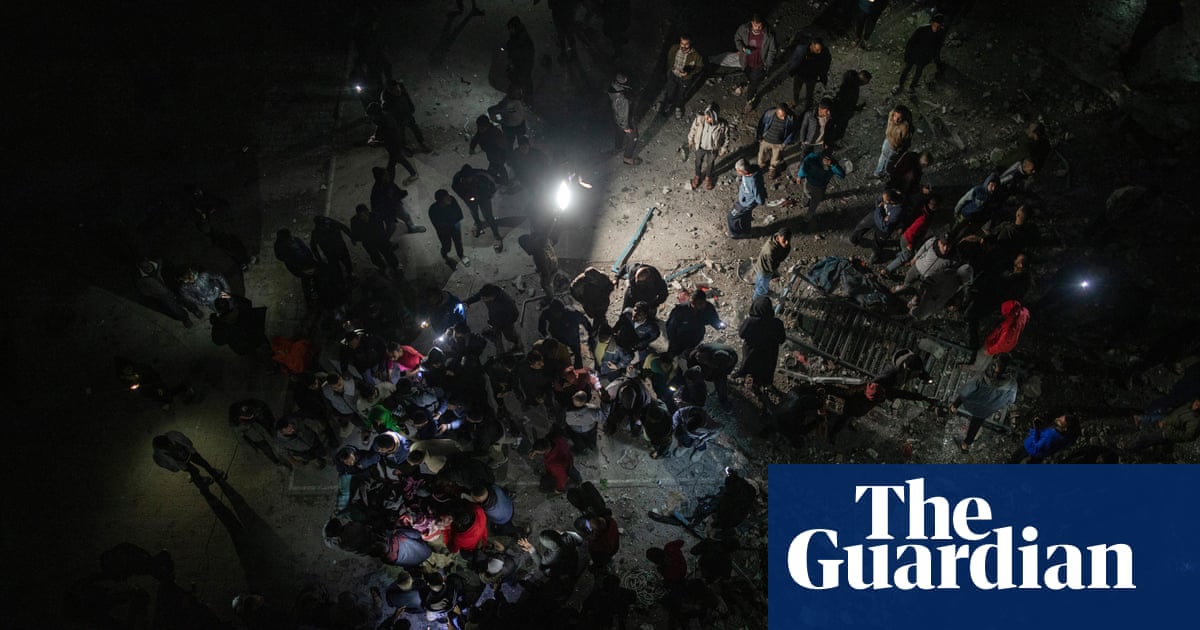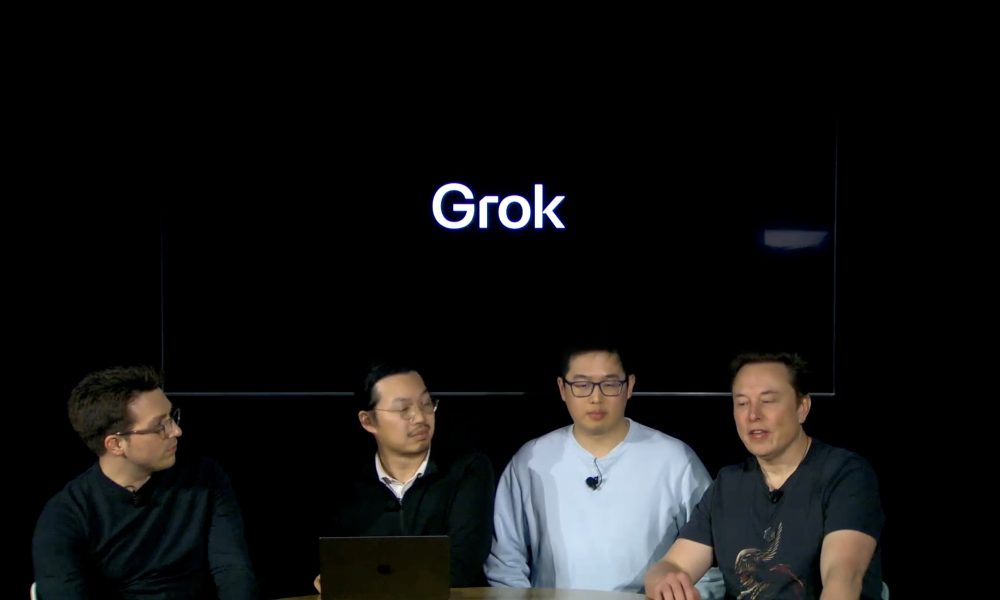Benjamin Netanyahu has said he spoke to Donald Trump over the weekend about his plans in Syria and efforts to secure the release of hostages in Gaza amid a wave of strikes in the territory.
The Israeli prime minister said in an address on Sunday night: “We had a very friendly, warm and important discussion. We discussed the need to complete Israel’s victory and we spoke at length about the efforts we are making to free our hostages.”
Netanyahu said he spoke to Trump on Saturday night about the issue, which is likely to loom large as one of the main foreign policy challenges facing Trump when he takes office on 20 January. “We will continue to act relentlessly to return home all of our hostages, the living and the deceased,” Netanyahu said.
Trump’s Middle East envoy, Steve Witkoff, warned last week during a visit to the region that it would “not be a pretty day” if the hostages held in Gaza were not released before Trump’s inauguration.
A Trump spokesperson on Sunday declined to give further details about the call. Trump said earlier this month there would be “hell to pay” in the Middle East if the hostages were not released before he came into office.
A bid by Egypt, Qatar and the US to reach a truce, which would also include a hostage deal, has gained momentum in recent weeks, though there has been no news of a breakthrough.
In Sunday’s statement, Netanyahu said Israel’s military had carried out intensive action in Syria to destroy “the capabilities that the Assad regime took decades to build” and attack Hezbollah supply routes running through Syria to prevent the group from rearming.
Israel has carried out hundreds of strikes on Syria’s strategic weapons stockpiles in the days since Assad’s ousting and moved troops into a demilitarised zone inside Syria.
The strikes continued over the weekend, despite the Syrian rebel leader, Abu Mohammed al-Jolani, saying his Hayat Tahrir al-Sham (HTS) group was not interested in conflict with Israel.
Abu Mohammed al-Jolani, a nom de guerre used by Ahmed al-Sharaa, told Syrian state media: “There are no excuses for any foreign intervention in Syria now after the Iranians have left. We are not in the process of engaging in a conflict with Israel.”
Jolani said Israel was using false pretexts to justify its attacks on Syria, but that he was not interested in engaging in new conflicts as the country focused on rebuilding after the end of Assad’s reign.
Netanyahu announced earlier on Sunday that he had approved a plan to expand settlement building in the Israeli-occupied Golan Heights. He justified his announcement by citing “the war and the new front facing Syria” and a desire to double the Israeli population in the area.
The UN has called on Israel to withdraw from the buffer zone, which sits between Syria and the Israeli-occupied area. The UN secretary general, António Guterres, said he was “deeply concerned by the recent and extensive violations of Syria’s sovereignty and territorial integrity”.
In Gaza, Israeli strikes killed at least 53 Palestinians, including a journalist and rescue workers, medics said on Sunday, and the Israeli military said its air and ground forces in the north of the territory killed dozens of militants and captured others.
An airstrike hit the civil emergency centre in the Nuseirat market area in the central Gaza Strip, killing Ahmed Al-Louh, a video journalist for Al Jazeera TV, and five other people, medics and fellow journalists said. Another strike on a house in Nuseirat camp killed five people, including children, according to medics.
The TV network said Al-Louh was working when he was killed and criticised Israel, calling on the international community to act on what it called an “alarming trend” in the targeting of journalists.
The Israeli military said the strike had targeted Hamas and Islamic Jihad militants operating from Gaza’s Civil Defence’s Nuseirat office. It named Al-Louh as a member of the militant group Islamic Jihad, without providing evidence.
At least 11 people were killed in three Israel Defense Forces (IDF) airstrikes on houses in Gaza City, while nine were killed in the towns of Beit Lahiya, Beit Hanoun and Jabalia camp when clusters of houses were bombed or set ablaze, and two were killed in Rafah, medics and residents said.
The Israeli military said the three Gaza City houses belonged to militants planning imminent attacks. It said steps were taken to reduce risk to civilians, including the use of precise munitions and aerial surveillance. The IDF issued a photo showing the weapons it seized in Beit Lahiya that included explosives and dozens of grenades. In Beit Hanoun, the IDF said it struck dozens of militants from the air and on the ground and captured others.
In southern Gaza’s Khan Younis, medics said that at least 20 people, including women and children, were killed when an airstrike hit a shelter housing displaced families.
The IDF did not immediately comment on the Khan Younis attack.
With Reuters


